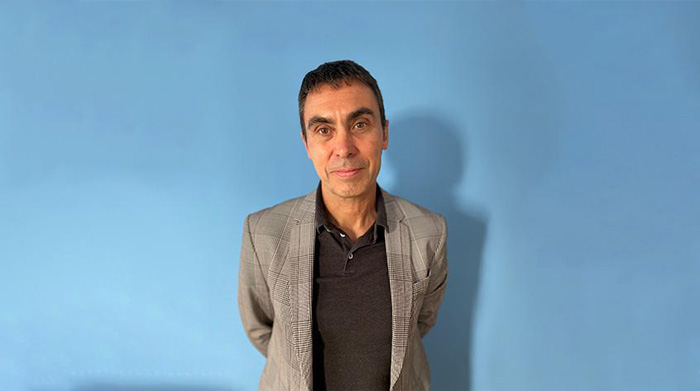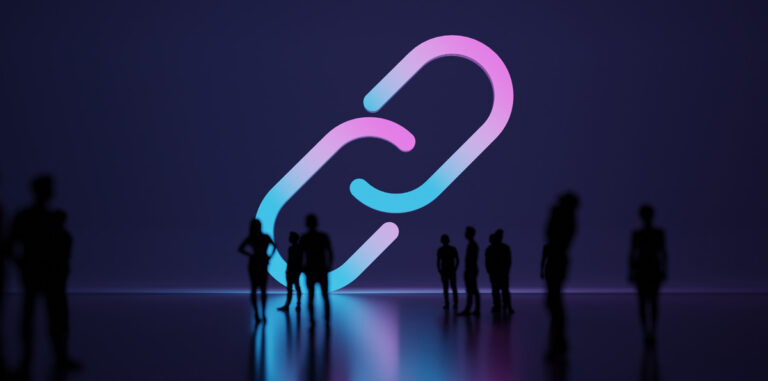OpenAI announced an agreement with PRISA Media to be the exclusive provider of topical content for ChatGPT in Spanish, in an agreement similar to the one reached by the AI company with the French media company Le Monde. Portada talked to Juan Varela, CEO and Managing Director at PRISA Media USA, to learn about the agreement’s details.
PRISA Media and ChatGPT’s partnership includes publications such as El País, Cinco Días, AS, and Huffpost, and “will allow ChatGPT users to interact around current affairs with high-quality content from PRISA Media in Spanish and Le Monde in French. Content that will also contribute, at the same time, to the training and continuous improvement of artificial intelligence models”.
PRISA Media, Exclusive Supplier of Current Affairs and Archival Content to ChatGPT

As PRISA states in its release, ChatGPT users will be able to interact with the most relevant topical content from these media outlets in the coming months through selected summaries. “ChatGPT responses will also provide attribution links and enhanced links to the original articles, allowing users to access additional information or related articles on the publications’ websites. PRISA Media and Le Monde join Associated Press and Axel Springer, who have recently signed agreements with OpenAI”.
To clarify this point, we asked Juan Varela if, for example, CNN will not provide news content via Chat GPT in Spanish under this agreement. His answer: “That is the current situation. ChatGPT has signed exclusive agreements with Prisa in Spanish and Le Monde and Axel Springer in French and German, respectively. This may change in the future, but this is the current situation”.
According to Similarweb, five countries (USA, India, Philippines, Colombia, and Canada) account for 35% of ChatGPT usage, and according to the latest available data, the chatbot currently has around 180.5 million users, according to Exploding Topics. The number of users may be even higher ; “We estimate that around 200 million users are searching for Spanish-language content on ChatGPT, but this is not an official figure”, says Varela.
“ChatGPT will reply in Spanish with a summary of our content and links to the articles from which it extracts the information.”
OpenAI-Prisa: How do ChatGPT Content Providers Benefit Economically?
Do content providers sacrifice website traffic monetization by contributing content to ChatGPT? It has to be taken into account that ChatGPT pays a fee to its exclusive content providers. Varela notes that “this is a commercial and technological agreement on current affairs and archive content. ChatGPT will train with our archives, so we have signed an agreement that safeguards our company’s interests and intellectual property, and that of our journalists and collaborators.” “ChatGPT will reply in Spanish with a summary of our content and links to the articles from which it extracts the information. This is the best response because users will get to know us better and have direct access to our content and pages. Even more so when the agreement is exclusive for all content in Spanish worldwide, including, of course, the United States”.
“We hope to reach similar agreements with other major AI players, with whom we have good relationships and for whom the authority and credibility of our content in all our markets and in our global news coverage is a precious asset that guarantees veracity, credibility and journalistic rigor,” Varela adds.
OpenAI-Prisa: U.S. based Spanish-language Publishers Presence on ChatGPT?
Companies with professional journalistic standards and methodologies, like Prisa and Le Monde, strive for truth-based reporting, which is enhanced by agreements like the one just announced between Prisa and ChatGPT. This is particularly important for the Hispanic community in the U.S., which is disproportionately subjected to false information and manipulation via social media and other means. Brad Lightcap, COO of OpenAI, states that “our commitment is to contribute to the improvement of journalism, a key pillar of democratic and informed societies, through the application of new AI technologies and the enhancement of opportunities for content creators. In collaboration with Le Monde and PRISA Media, our goal is to enable ChatGPT users around the world to connect with the news more interactively and to have a more complete view of current affairs.”
However, one caveat to the above statement is that the agreement between Prisa and ChatGPT highlights the trend of U.S.-based Spanish-language publishers not having a solid presence on major aggregating platforms such as Google and ChatGPT. (While Prisa is present in the United States, its main news operation is in Spain). Javier Marin, executive chairman of Tiempo Company, the publisher of Washington DC headquartered Tiempo Latino, recently told Portada that Spanish-language publications in the U.S don’t get ranked well by Google and other search engines. The search giant may be favoring Latin American publications. Marin says that “U.S. Hispanic news media is underrepresented in search engines. Research by several Hispanic news entities presented to Google shows that less than 10% of the news in Spanish featured by Google News come from US Hispanic news media entities.”
Research shows shows that less than 10% of the news in Spanish featured by Google News come from US Hispanic news media entities.
Don’t forget to read: The Phoenix Bing Arises from its Ashes with a Little Help from ChatGPT: Is AI’s Future in B2B Marketing and PR Secure?







